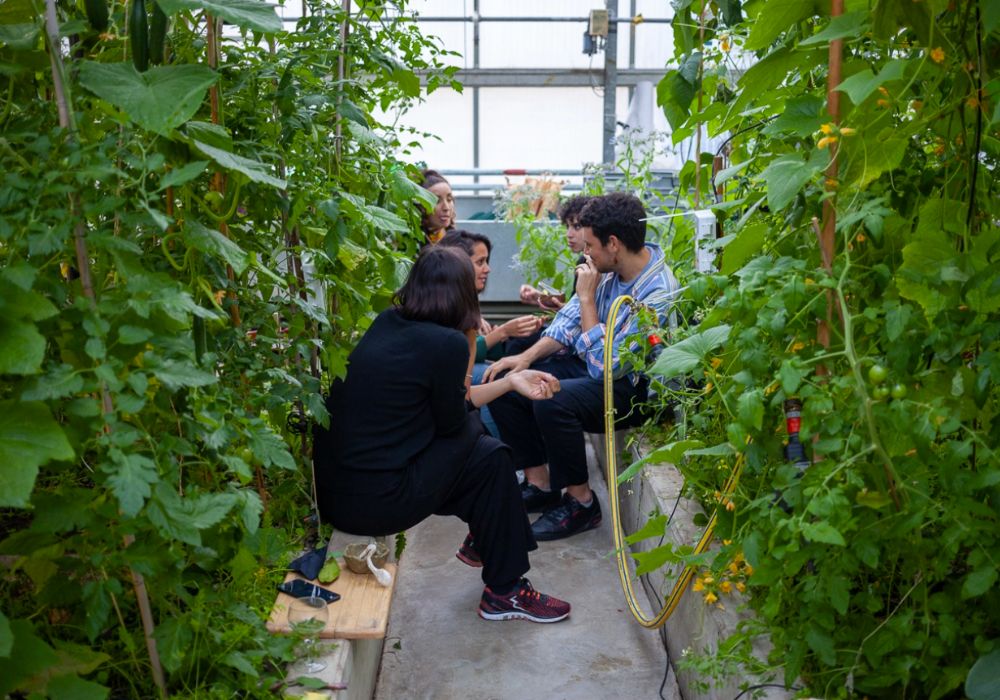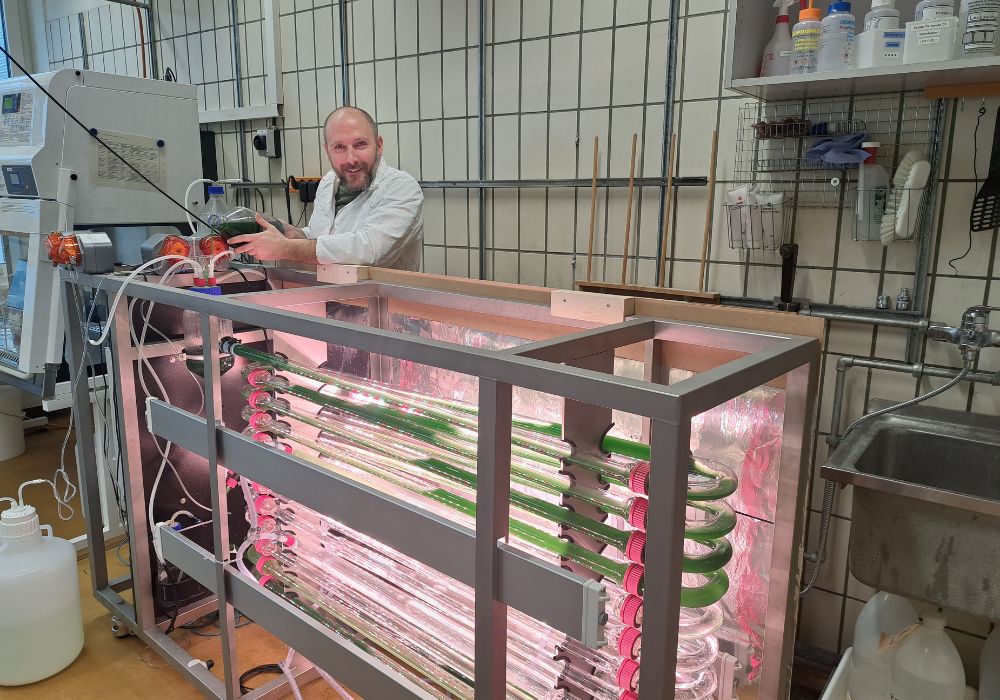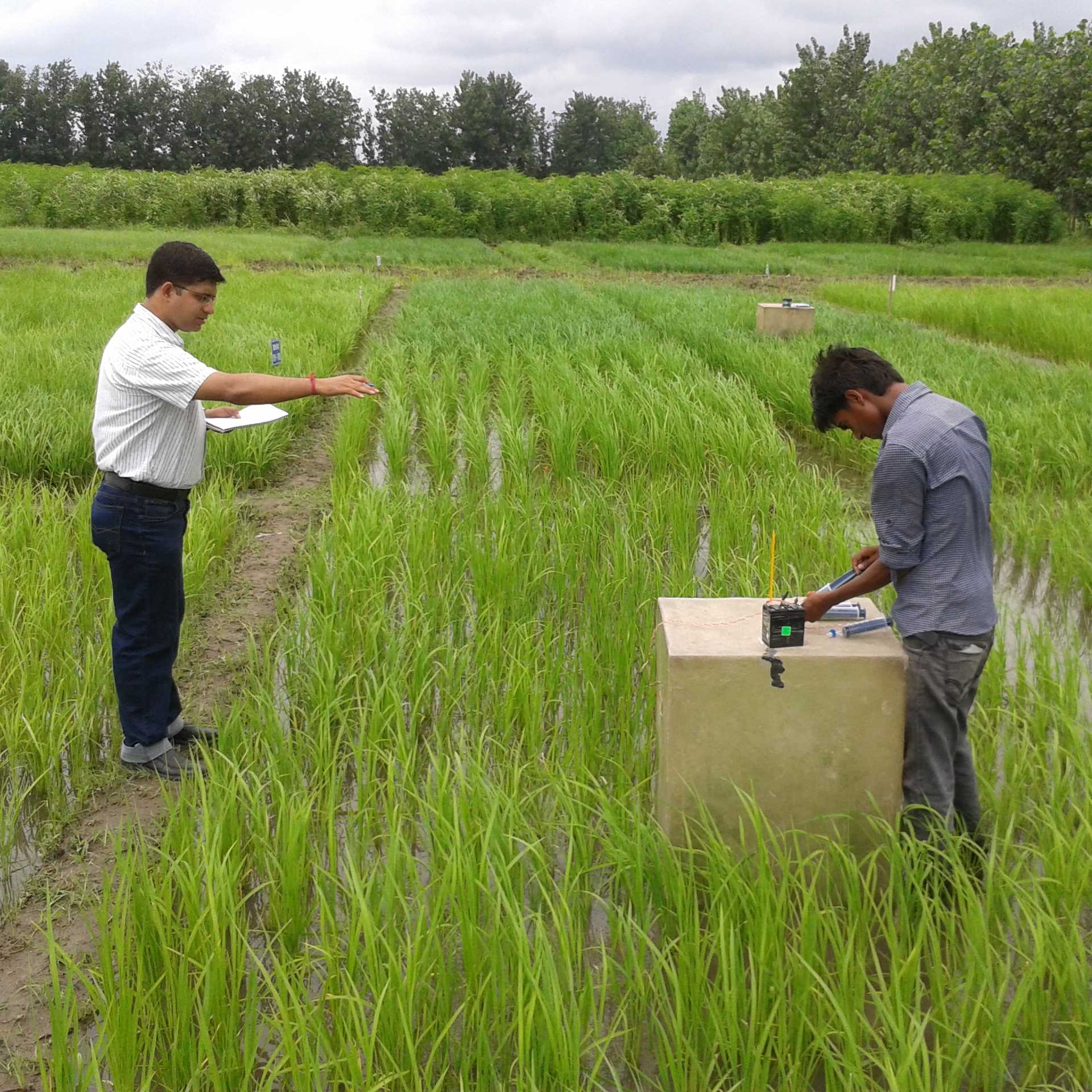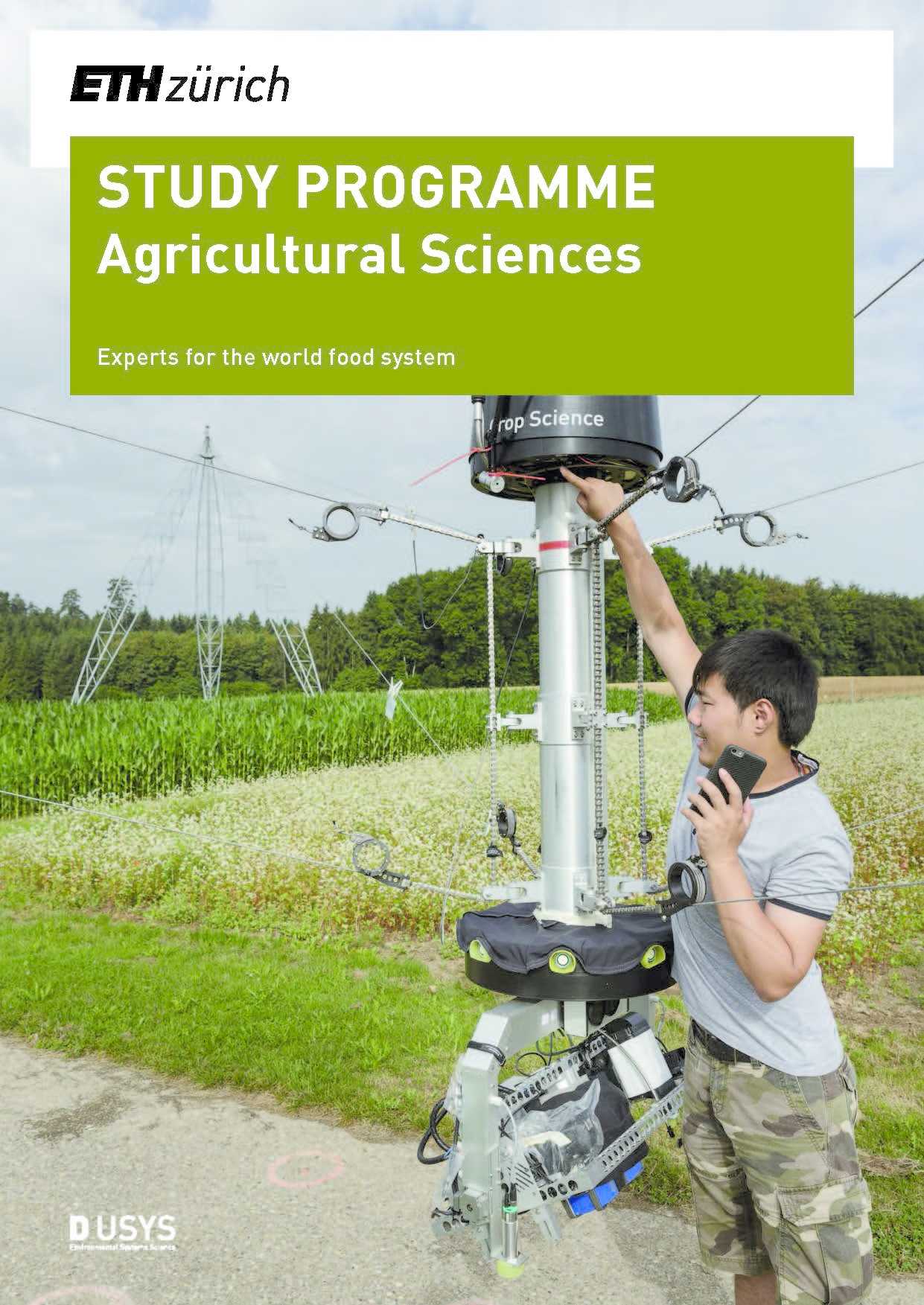Goal 2: Zero Hunger
End hunger, achieve food security and improved nutrition and promote sustainable agriculture
Although the situation has improved in numerous countries, many people still suffer from hunger and malnutrition around world. Undernourishment affects nearly 800 million people worldwide – most of them women and children. The aim of the 2030 Agenda is to end hunger and all forms of malnutrition around the world within the next 15 years. Besides aiming to eliminate hunger, Goal 2 includes a target on ending all forms of malnutrition. Food quality is just as important as food quantity. Goal 2 also incorporates economic aspects, such as doubling the agricultural productivity and income of small-scale farmers by 2030. Furthermore, it features provisions on sustainable agriculture to prevent increased food production from harming the environment.
Source: www.eda.admin.ch/agenda2030 (edited)
Contributions of ETH Zurich (examples)
Within the framework of its core areas of research, education, campus and dialog with society, ETH Zurich contributes to Goal 2, for example, by the following activities:
Shaping Food Systems with Agroecology

The Sustainable Agroecosystems Group dives deep into the intricacies of food systems. Investigating the impacts that goods or services within food systems have on both people and the environment, the emphasis is on understanding the resilience of these systems amidst climatic, market, and political challenges. Highlighting the challenges faced by those in the food value chain, especially farmers confronting environmental and market stresses, there is a strong push for future food systems that prioritize sustainability, equity, and justice. Transitioning to agroecology is seen as pivotal, calling for collective envisioning and dialogue spanning the entire food value chain. By intertwining art with science, the goal is broadened outreach, promoting knowledge-sharing on agroecology. The objective is clear: to reimagine food systems with inclusivity and equity, recognizing and rectifying power disparities and considering innovative organizational structures like cooperatives and decentralized communities. Read more here.
A quest for alternative, affordable food

ETH Zürich's Sustainable Food Processing research team is delving into creating sustainable, affordable, and nutritious alternatives to animal-based foods. Recognizing the environmental consequences of a primarily meat-based diet, such as resource depletion and pollution, the research aims to address the paradox of rampant hunger amidst food production strains. Focusing on the complete value chain, there's a strong interest in specific microalgae and insects as viable protein sources, coupled with exploring affordable and efficient production methods. The research advocates for a reduction in animal protein consumption, emphasizing region-specific dietary changes. While nutrient-rich food might be vital for certain regions, places like North America and Europe could benefit from reduced meat intake. The overarching vision is clear: sustainable nutrition shouldn't be a privilege; it must be accessible and affordable for all. Read more here.
Joint land management pays off

The groundbreaking initiative external page YAMSYS is addressing the challenges of yam production in West Africa since the beginning of the 2000’s. Recognizing yam's significance both economically and culturally, the research targets the environmental degradation linked to its cultivation. The research showcased that with healthy soils, yam yields can significantly increase. The efficacy of the developed methods has persuaded local farmers to implement novel cultivation techniques like fertilization rotations and crop integration. Through an 'innovation platform', the knowledge is shared with a broad network. The key to success is the collaboration between ETH researchers and local farmers, researchers, community leaders, politicians, and more. Adopted by multiple nations and celebrated for its transformative impact on sustainable food systems, the YAMSYS approach has been recognized globally. Read more here.
Sustainable Food Systems
In addition to the NADEL - Center for Development and Cooperation, the World Food System Center (WFSC) offers excellent research, teaching and public relations in order to support Goal 2. The WFSC’s over 40 professors, on a national as well as an international level, amongst other things, contribute towards achieving sustainable nutrition and agriculture.
Teaching the Agriculture of Tomorrow
The Department of Environmental Systems Science (D-USYS) offers Bachelor's and Master’s degree courses in Agricultural Sciences. The courses of studies aim to provide the scientific basis for the further development of arable crops and livestock. Current questions on agriculture and food production are the focus of attention.

